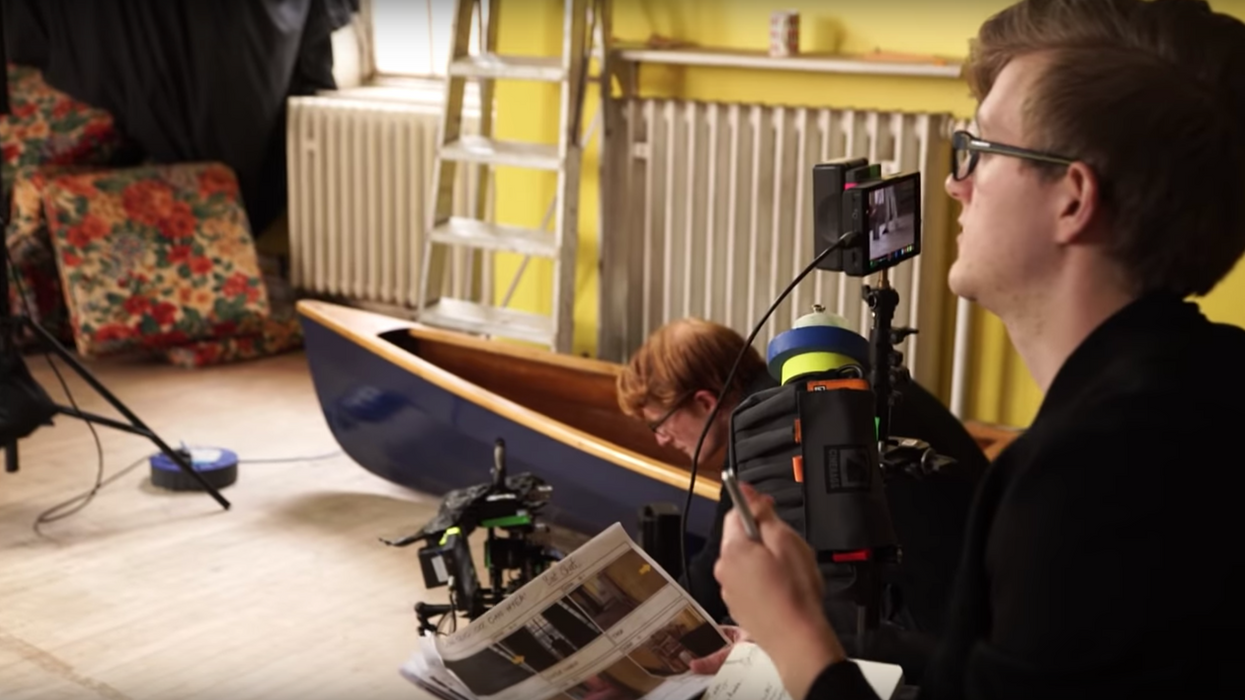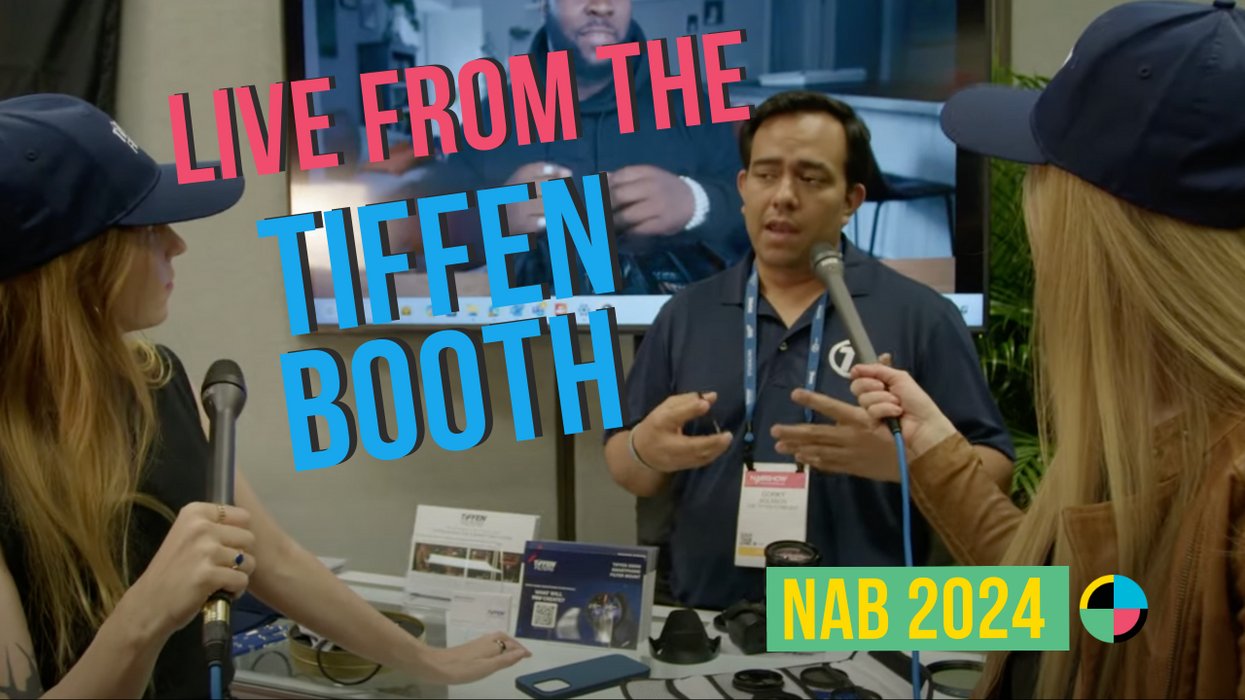The relationship between a director and an actor is one of the most important in filmmaking because, well, most audiences don't go see a movie for its set design and editing (unfortunately), they go to see the actors' performances. This is precisely why it'd be a good idea to learn a few directorial techniques for getting better, more inspired performances from your actors. In this video, the team over at The Film Look share five tips on how to do just that. Check it out below:
Now, not all of these tips are going to float your boat. Some directors and actors do things completely differently and that's okay. For instance, some directors and actors despise rehearsals, believing that it makes performances contrived and overthought.
However, the point of all of this is to open yourself up to new ideas that may (or may not) help you become a better director so you can help your actors give better performances. Let's go over the list:
- Rehearsals: Even if you're not a huge fan of rehearsing lines of dialogue, you can still go over scenes to work on blocking and understanding the emotions of the scene.
- Use keywords in your storyboard: If your style is to get your point across without a whole lot of fluff, you may consider applying descriptive keywords to each cell on your storyboard that express the general idea or emotion of the scene or shot.
- Emotional beat map: Music is a powerful tool for inspiring emotions. Playing a piece of music that encapsulates the moment emotionally may help your actor not only understand what you're going for but also evoke those feelings naturally.
- Ask your actor to create a character playlist: Since music can be so emotionally inspiring, asking your actors to create character playlists is a great way to get them thinking about their character on an emotional level.
- Create opportunities for authentic reactions: Okay, some directors in the past have gone about this really wrong (I'm talking about you, Friedkin), but if you can come up with ways to surprise your actors or catch them off guard, their reactions may end up appearing more authentic.
What are some tips you have for directing better performances? Let us know down in the comments.
Source: The Film Look













